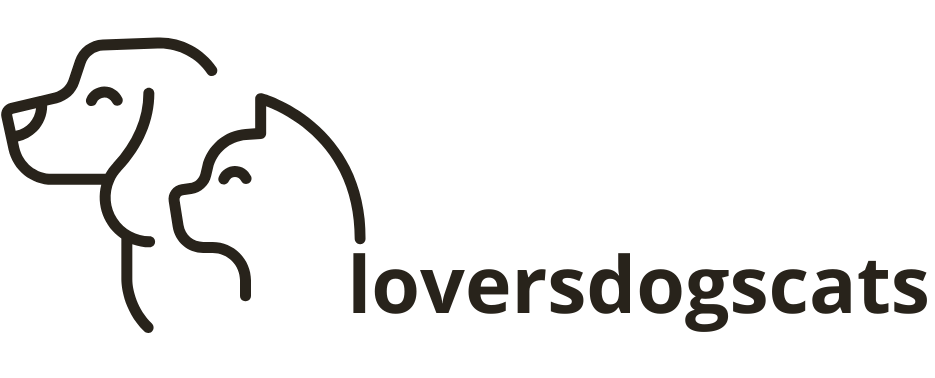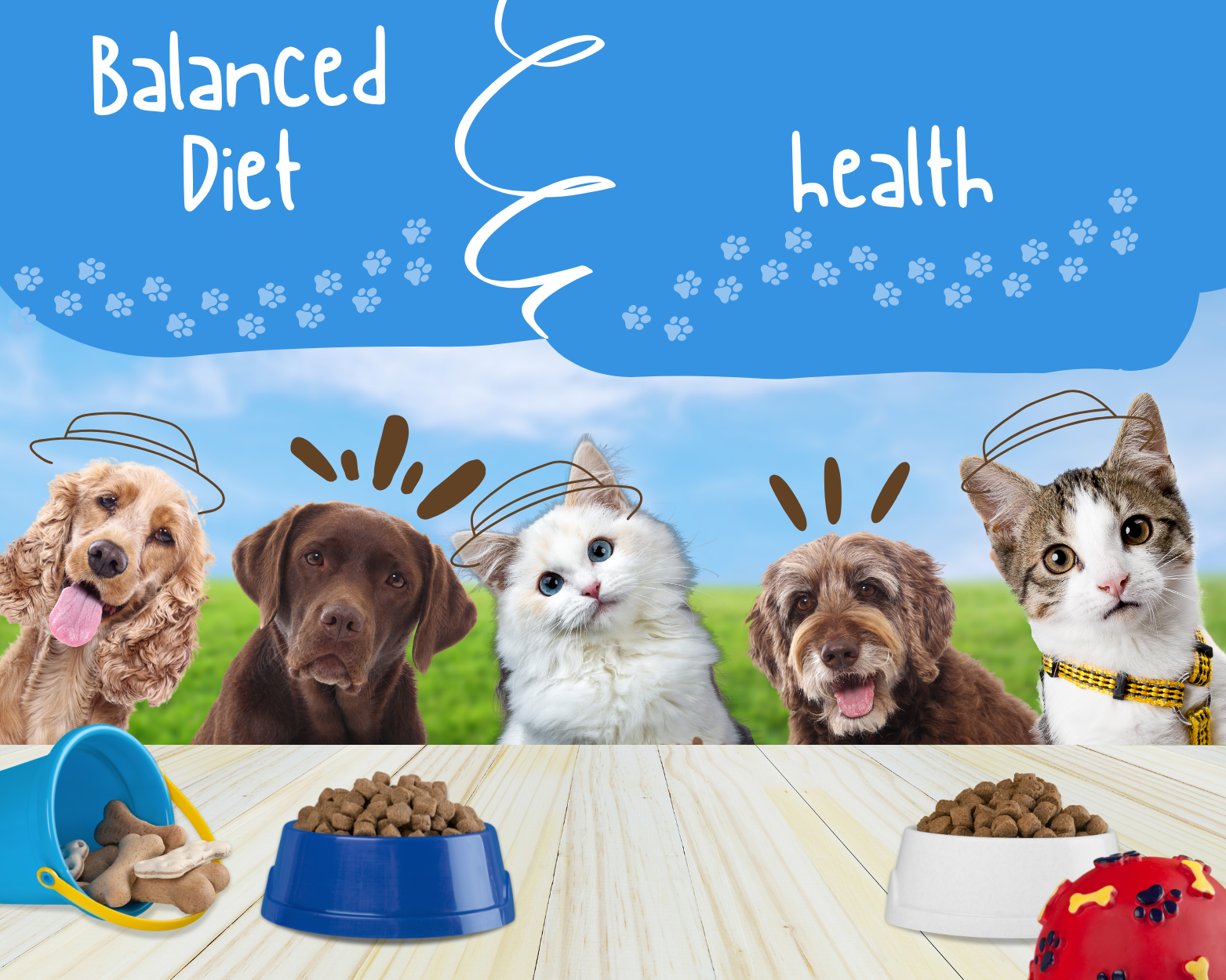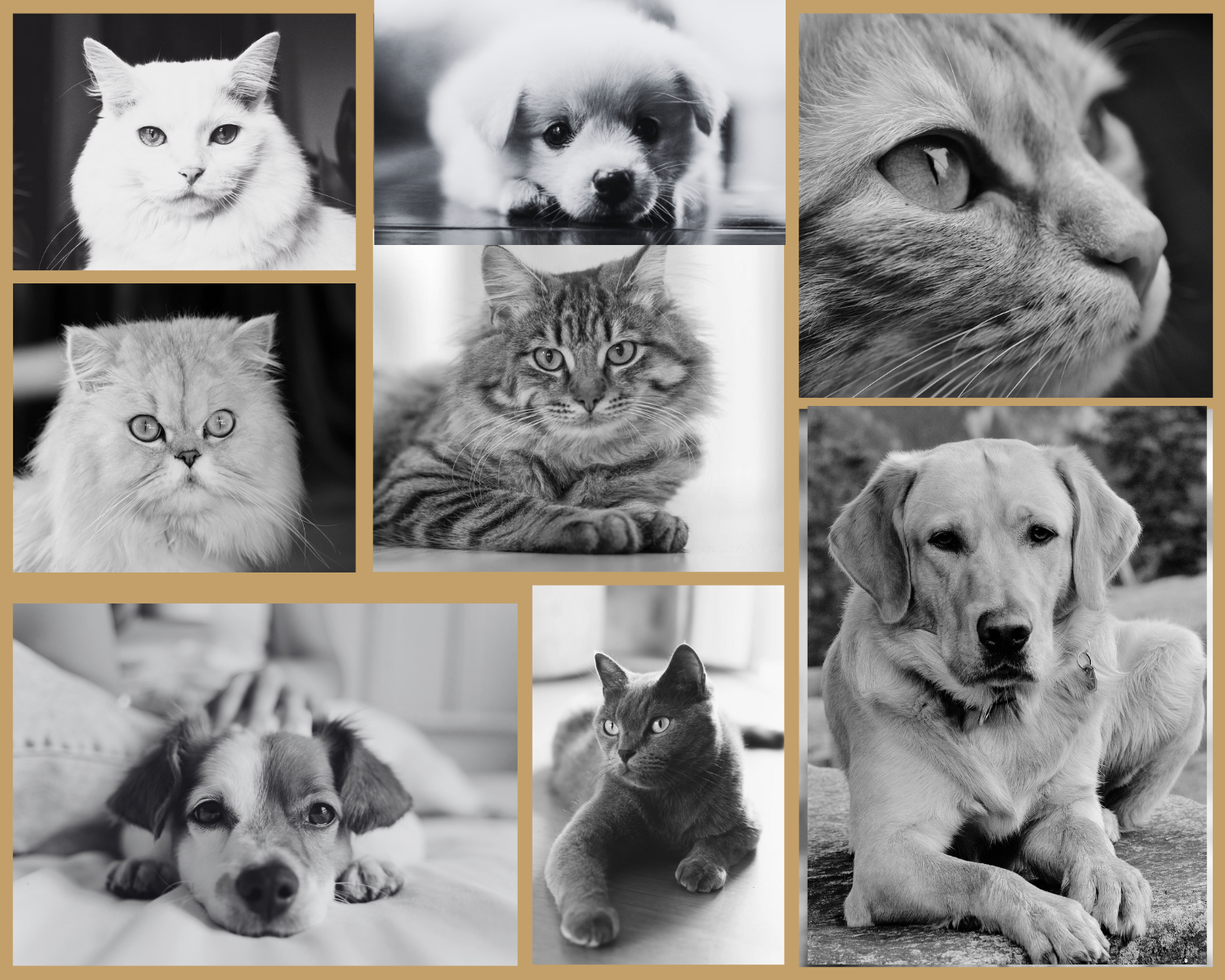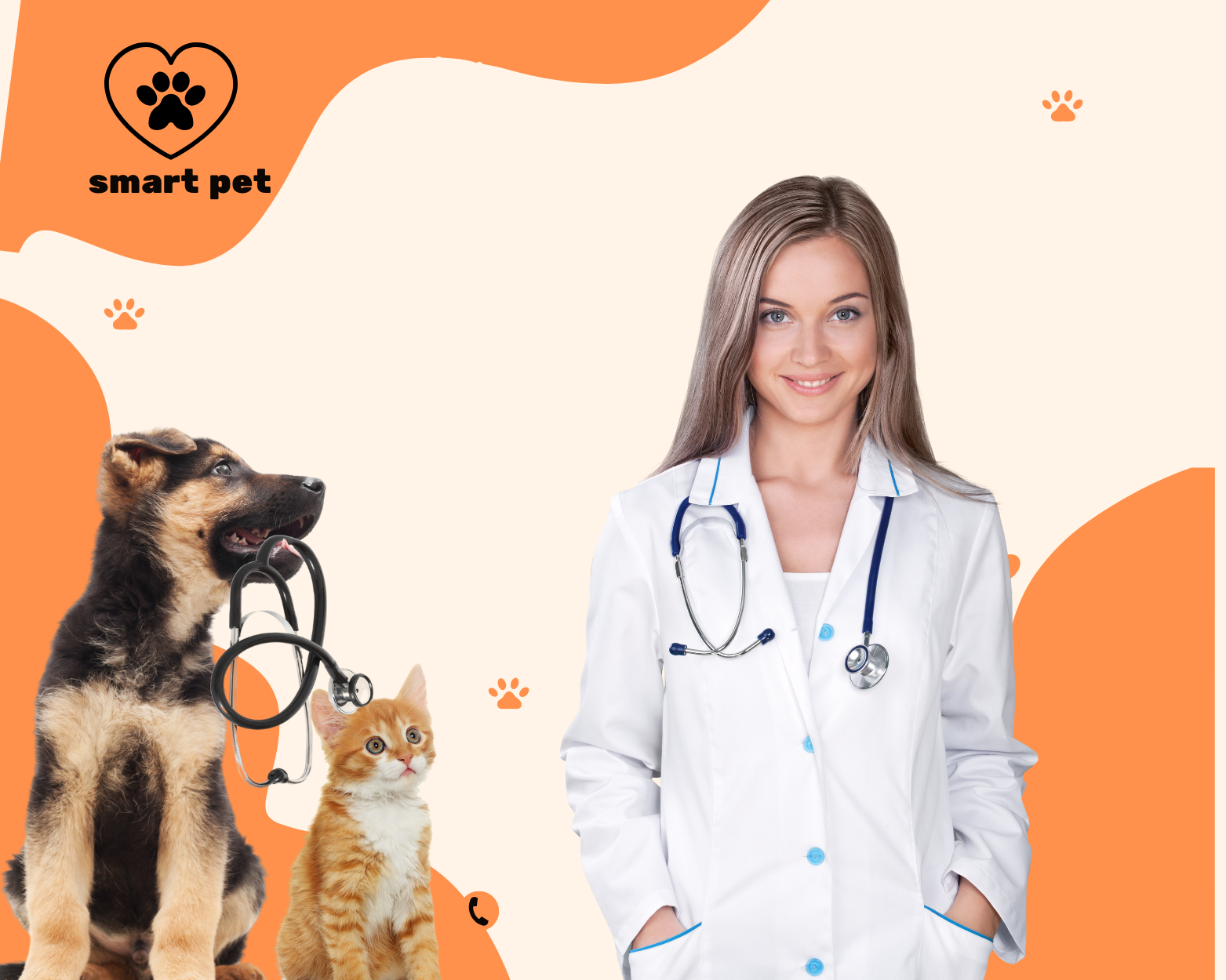Why is a Balanced Diet Important?
Balanced Diet: The Foundation of Health for Cats and Dogs
A balanced diet is crucial for maintaining the health and well-being of pets, whether they are cats or dogs. Both species, though different in many ways, share similar nutritional needs that must be met in order to ensure a long, healthy life. A balanced diet provides the essential nutrients—proteins, fats, carbohydrates, vitamins, and minerals—that keep pets active, strong, and free from disease. Let’s explore why a balanced diet is so important for cats and dogs, and how you can provide one for your furry companions.
Why is a Balanced Diet Important?
For both cats and dogs, the right balance of nutrients is essential to support growth, energy levels, immune function, and overall health. Each nutrient plays a specific role:
- Proteins: Proteins are necessary for muscle development, tissue repair, and the production of enzymes and hormones. Cats, as obligate carnivores, require a higher protein intake than dogs, who are omnivores. A protein-rich diet is vital for both animals to maintain a healthy body.
- Fats: Fats provide energy and help in the absorption of fat-soluble vitamins (A, D, E, and K). Omega-3 and omega-6 fatty acids, found in fish oil and some plant oils, are particularly beneficial for maintaining healthy skin and coat, as well as supporting cognitive function.
- Carbohydrates: While not as crucial for cats, dogs can benefit from carbohydrates, which provide fiber for digestive health and energy. Whole grains, vegetables, and fruits can be excellent sources of carbohydrates for dogs.
- Vitamins and Minerals: These are vital for various bodily functions, from supporting bone health to maintaining immune system function. Both cats and dogs require a variety of vitamins and minerals, although the specific needs may differ slightly depending on their species.
Nutritional Differences Between Cats and Dogs
Although both cats and dogs are domesticated animals, their dietary needs are quite different. Understanding these differences can help in choosing the right food for each pet.
- Cats: Cats are obligate carnivores, meaning they must consume animal-based protein to survive. They cannot synthesize certain nutrients, such as taurine (an amino acid), arachidonic acid (a type of fat), and vitamin A, which must be included in their diet. In addition to high-quality protein, they also require a source of animal fats for energy and coat health.
- Dogs: Dogs are omnivores, meaning they can digest and derive nutrients from both animal and plant-based foods. While they still need a good amount of protein, they can also thrive on carbohydrates and plant-based nutrients. Dogs can produce certain nutrients like taurine, which cats cannot, and are less reliant on animal-based foods.
How to Provide a Balanced Diet
Choosing the right pet food can be overwhelming with so many options available. Here are some guidelines to help ensure your cat or dog receives a balanced diet:
- High-Quality Commercial Food: Most pet food brands offer specially formulated diets for both cats and dogs. Look for brands that list meat as the first ingredient and avoid foods with too many fillers like corn and soy. For cats, ensure that the food has a high animal-based protein content.
- Homemade Diet: If you prefer to cook for your pet, it’s important to consult with a veterinarian or pet nutritionist to ensure the homemade food is nutritionally complete. Pets need a specific balance of protein, fats, and carbohydrates, and certain vitamins and minerals must be supplemented.
- Portion Control: Overfeeding can lead to obesity, a common problem in pets. Ensure you are feeding the right portion size for your pet’s age, size, and activity level. Follow feeding guidelines on pet food packaging or consult your vet for personalized advice.
- Fresh Water: Always provide fresh, clean water. Hydration is key to your pet’s overall health, especially if you’re feeding them dry kibble, which has low moisture content.
Common Health Issues Linked to Diet
A poor diet can lead to a variety of health issues in both cats and dogs. Some of the most common problems include:
- Obesity: Overfeeding, combined with insufficient exercise, can lead to obesity, which increases the risk of diabetes, joint problems, and heart disease.
- Skin and Coat Issues: A lack of essential fatty acids can result in a dull, dry coat and itchy skin, particularly in cats and dogs with sensitive skin.
- Digestive Problems: An imbalanced diet can lead to gastrointestinal issues such as diarrhea, constipation, or vomiting. Fiber is especially important for digestive health.
- Dental Health: Diets high in sugars or low in essential nutrients can contribute to dental disease. Dry kibble may help reduce tartar buildup, but regular dental care is also necessary.





